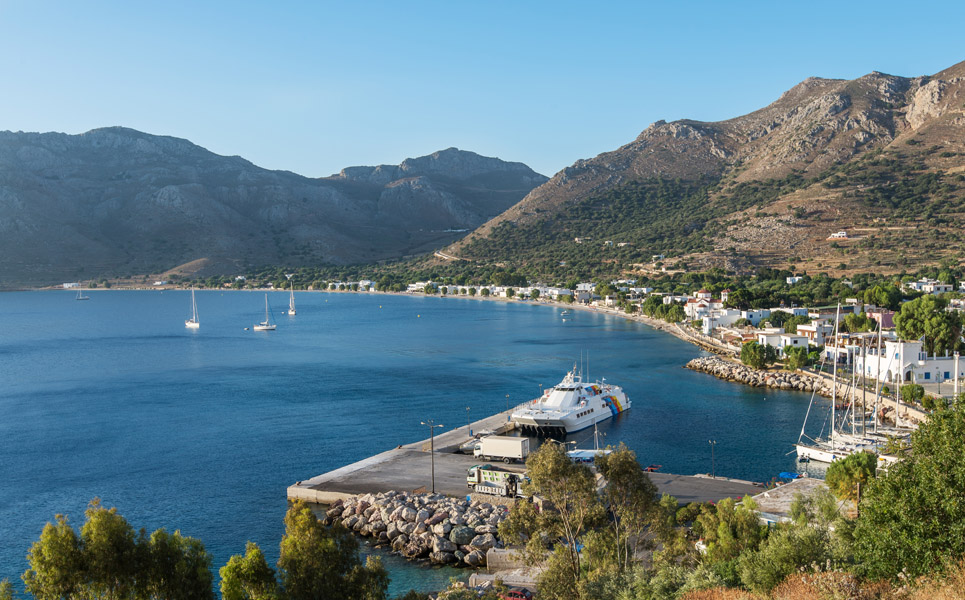The ongoing efforts by the small Aegean island of Tilos to become one of the most eco-friendly islands in the Mediterranean received a major boost recently when the island picked up the top 2017 EU Sustainable Energy Award in the category Energy Islands. The awards are part of the European Commission Initiative, EU Sustainable Energy Week (EUSEW).
It is the first time the awards have included the Energy Islands category. Tilos beat out fellow finalists Bornholm – The Bright Green Island in Denmark and Simskäla Island in Finland.
Tilos also steam-rolled the competition to receive the Citizen’s Award, chosen from 12 finalists from a range of categories in an online poll. Of the 22,000 votes cast, Tilos picked up over 10,000 – almost as many as the other finalists combined.
The centerpiece of the island’s moves towards relying almost exclusively on renewable energy is the TILOS Horizon 2020 project, the country’s first hybrid, renewable energy-based battery station and smart microgrid that is nearing completion.
The hybrid power station will supply the island’s 850 residents (and many more summer visitors) with energy from a 800 kW wind generator and 200 kW array of photovoltaic panels. The 2.4 MWh battery will allow the storage of energy from the renewable sources during hours of peak production. At the same time a network of smart meters is being installed on the island’s buildings to monitor minute-by-minute consumption patterns.
Tilos is also expected to export energy to Kos for about 5 hours per day.
Until now the island has been reliant on receiving electricity via underwater cable from the diesel power station on Kos. During periods of peak consumption on the neighboring island in the summer, Tilos frequently experiences blackouts. It is hoped that should the TILOS project prove to be a success, similar systems could be implemented throughout the Greek archipelago.
“The commercial potential of this model could be significant,” the EUSEW website writes, “given the number of Greek islands that currently depend on oil-based energy imports. The project has created a platform involving Pellworm, La Graciosa and Corsica to share implementable results with other European islands.”
“What we have built in Tilos has scalability. It is a solution to the high cost of oil imports for the many inhabited islands in Greece,” said a project spokesperson following the awards.
The project is being implemented in cooperation with the Municipality of Tilos. The Piraeus University of Applied Sciences is coordinating the work that involves a consortium of 15 companies from 7 European countries.











